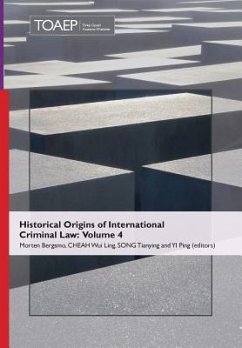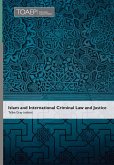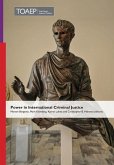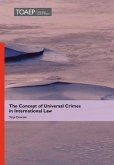This fourth volume in the series Historical Origins of International Criminal Law concentrates on institutional contributions to the development of international criminal law rather than taking a chronological (Volumes 1 and 2) or doctrinal (Volume 3) approach. It analyses contributions made by institutions such as the Nuremberg, Tokyo, ex-Yugoslavia and Rwanda tribunals, INTERPOL, the International Association of Penal Law, the Far Eastern and Pacific Sub-Commission, and internationalised fact-finding mandates. It considers the role played by some jurisdictional principles and work methods of international and national institutions. Part 4 also looks at wider trends in the development of international criminal law. The contributors include Wegger Christian Strømmen, LING Yan, Anuradha Bakshi, ZHU Wenqi, Volker Nerlich, David Re, LIU Daqun, Serge Brammertz, Kevin C. Hughes, Patricia Pinto Soares, Mareike Schomerus, Seta Makoto, Natalia M. Luterstein, Hilde Farthofer, Itai Apter, Md. Mostafa Hosain, Helge Brunborg, Mutoy Mubiala, Yaron Gottlieb, Mark A. Lewis, Marquise Lee Houle, Tina Dolgopol, Rahmat Mohamad, Barrie Sander, Furuya Shuichi, Chris Mahony, ZHANG Binxin and the editors. In his foreword, Wegger Christian Strømmen notes that the four-volume project "draws our attention to the common legacy and interests at the core of international criminal law. By creating a discourse community with more than 100 scholars from around the world, [CILRAP] has set in motion a wider process that will serve as a reminder of the importance of the basics of international criminal law".
Bitte wählen Sie Ihr Anliegen aus.
Rechnungen
Retourenschein anfordern
Bestellstatus
Storno





